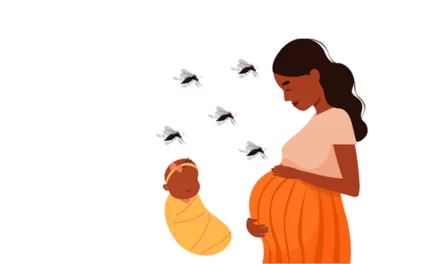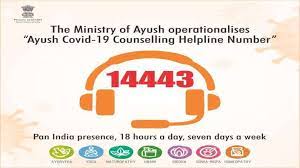
In a move to protect consumers from potential health risks, Brazil’s National Health Surveillance Agency (ANVISA) has once again suspended the commercialization of approximately 1200 hair creams. This decision comes in response to reports of adverse events, including eye irritation, temporary vision loss, headaches, and various eye-related symptoms.
The banned products, which contain 20% or more ethoxylated alcohols in their formulations, have been linked to severe side effects, particularly when users come into contact with water—such as swimming in the sea or pools or exposure to rain. The adverse effects reported include burning, tearing, itching, redness, and swelling of the eyes.
These hair creams had previously faced suspension in March, with ANVISA later issuing rules for their commercialization. However, reports of continued adverse events prompted the recent decision to once again suspend the sale of non-compliant products.
The prohibited substances in these hair creams include methylchloroisothiazolinone and methylisothiazolinone, both used as preservatives. These substances are known to be toxic to the skin and mucous membranes, posing risks of allergies, burns to the eyes and skin, as well as high pulmonary and neurological toxicity.
The Brazilian Council of Ophthalmology has issued a warning, emphasizing the importance of consumers checking product labels to ensure the absence of these toxic substances. The ANVISA website provides a list of safe creams whose commercialization has not been suspended, along with links to adverse event notifications reported by healthcare professionals or consumers.
For those who have recently used these hair creams, ANVISA advises careful hair washing, tilting the head backward during the process to prevent product contact with the eye area. In case of accidental eye contact, immediate washing with plenty of water is recommended.
Users experiencing any adverse effects after using these products are urged to seek medical attention promptly. Treatment may involve individualized measures, including ocular occlusion and the use of eye drops containing antibiotics or corticosteroids. General practitioners are encouraged to be prepared for initial care, emphasizing the importance of eye washing with copious amounts of clean water or saline solution for 5-10 minutes.
The ANVISA decision serves as a reminder to consumers to read product labels and choose cosmetics with safe formulations to avoid potential health risks associated with certain hair creams.










